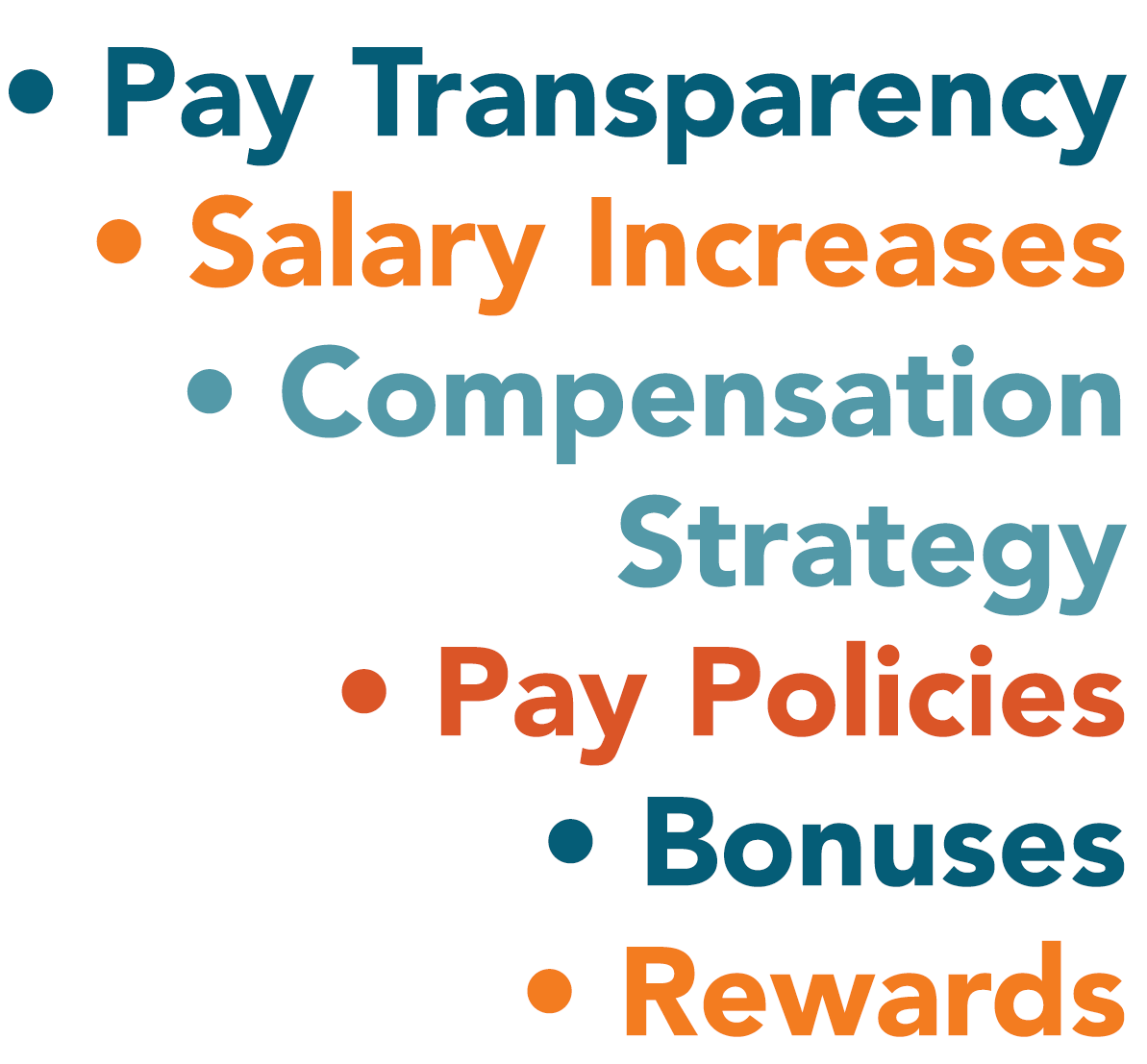10.13.22
By Molly Wood, SPHR, MAOL Senior HR Consultant 
SB 1162, the new law that requires businesses with 15 or more employees to post salary ranges in job advertisements, and furthers reporting requirements for employers with 100 or more employees, will go into effect on January 1, 2023.
You may be thinking, “I’m a small business. Adding pay ranges to job postings is no big deal, and I don’t have to do the pay data reports, so I don’t have anything to worry about. Right?”
Right. For now. But legislation regarding pay transparency as a way to detect and avoid discriminatory pay patterns has been expanding since 2018 – and is not likely to stop.
Initially, AB 2282 restricted employers from asking candidates about salary history. This was motivated by the (usually correct) concept that if someone starts at a lower wage, they will stay at a lower wage throughout their career unless previous salary is not a consideration. The law also requires employers to share a salary range to candidates upon reasonable request. The new legislation includes existing employees as those entitled to know the salary range for their position.
You may be thinking, “That’s ok. I’ll post all my positions at $16.30 – $40.00 an hour and hire people at the wage I see fit. Problem solved. Right?”
Uhh, not really. When pay ranges are transparent, the next step is for people to understand where and why they are in their current pay-rate. You can’t tell your employees not to talk about their pay, and your posting range is in the public domain, so you need to be prepared to have a bona fide compensation structure where you can explain to employees and applicants alike what qualifications and knowledge justify their rate of pay.
Most small businesses have not done this. Many large businesses have not done this. There is some breathing room now, but it’s time to start thinking about how you are going to build a transparent compensation plan to explain your wages not only to employees and applicants, but also to government agencies.
There are many reasons that one employee may earn more than another. Those reasons should not be motivated by (or perceived to be motivated by) sex, race, or ethnicity. Examples are years of experience, specialized training, tenure, education, and contributions to the organization. Businesses should be prepared to quantify the value of these attributes and objectively determine appropriate pay rates.
SDEA will be conducting a training, “Creating a Transparent Comp Plan” on December 15 from 12:30 – 1:30. In this program, we will discuss components and requirements of jobs, how to quantify them, building salary ranges, and strategies for pay increases.
SDEA Consultants are not just here for you, we are HeRe with you. Members may call us for unlimited consultation. 858-505-0024




